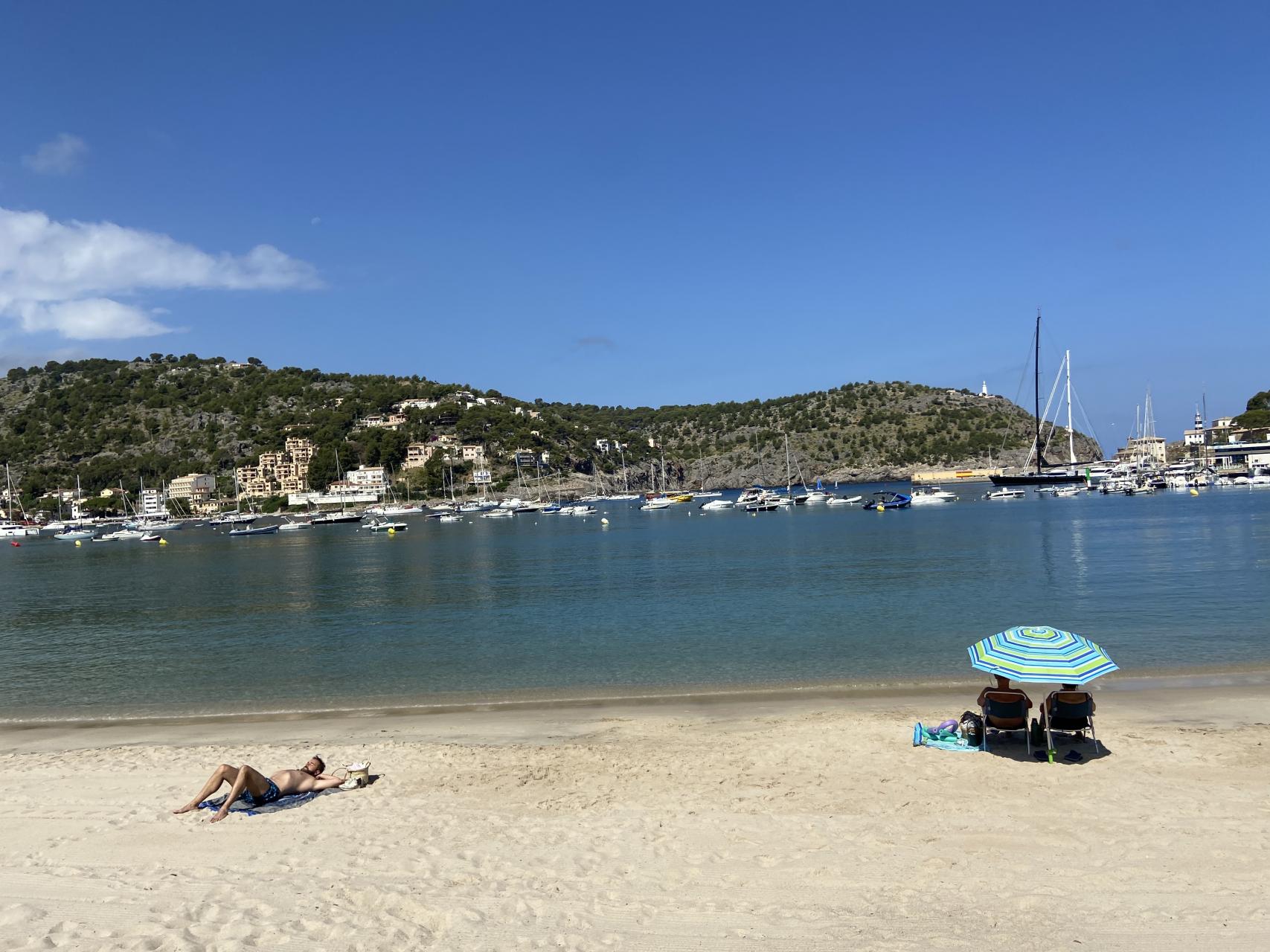January. Jet2: “2020 has been a very unusual year, but 2021 is shaping up to be a fantastic year.” So it was said in the first week. A week later and the plug was pulled on everything until March 25. Tui’s Fritz Joussen, ever an optimist, said that the vaccine would mean that restrictions were unnecessary.




No comments
To be able to write a comment, you have to be registered and logged in
Currently there are no comments.